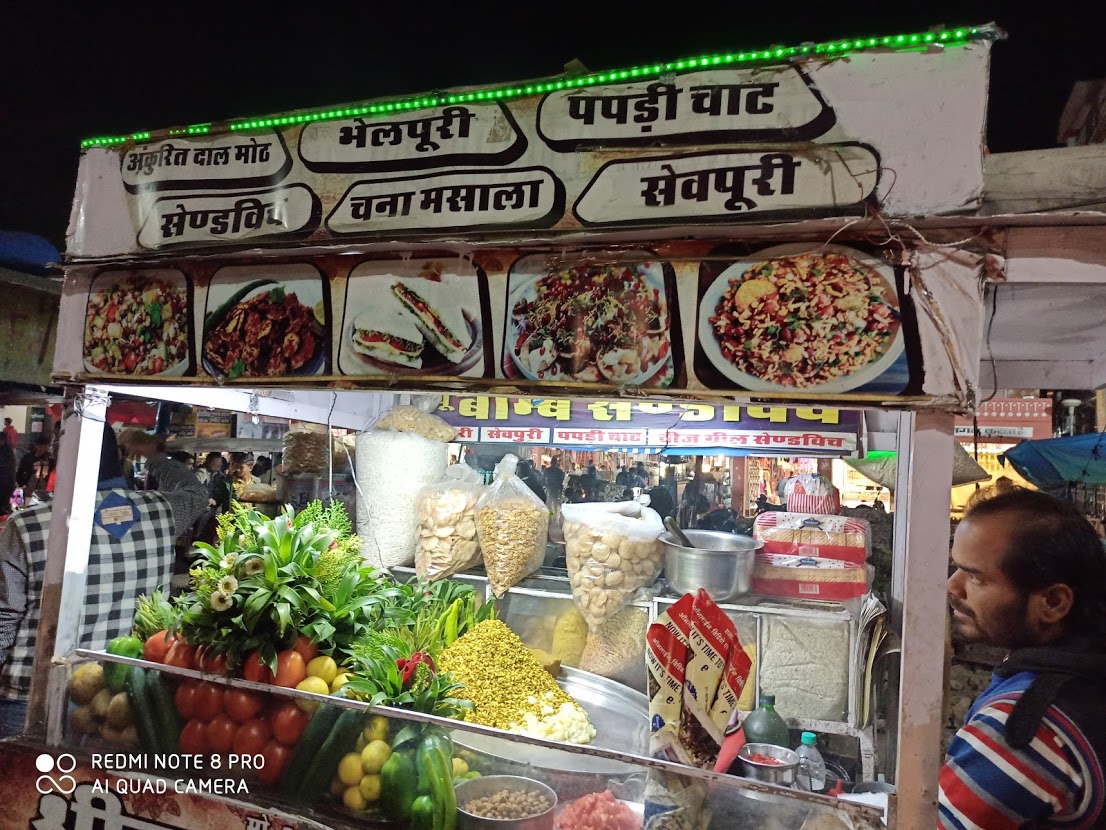NEWS
RBI on inflation and policy support for growth
RBI said inflation remains the main concern, creating a bottleneck on the monetary policy front to support growth.
RBI said inflation remains the main concern, creating a bottleneck on the monetary policy front to support growth.

When the Reserve Bank of India (RBI) takes up its monetary policy review on 2 June, inflation will be a big worry constraining its easy money policy.
On Thursday, the RBI said inflation remains the main concern, creating a bottleneck on the monetary policy front to support growth.
The supply-side driven inflation pressures need more efforts to be sorted out. “Monetary policy will monitor closely all threats to price stability to anchor broader macroeconomic and financial stability while continuing with the accommodative stance," the RBI said in its annual report released on Thursday.
The central bank is concerned about the gap between the retail and the wholesale price inflation. The substantial wedge between wholesale and retail inflations during the year pointed to persistence of supply-side bottlenecks and higher retail margins, underscoring the importance of supply management, the RBI said in the report.
“The extent of retail price increase in the post-lockdown period was also much higher than the usual summer uptick in food prices. The gap between retail and wholesale price inflation – a proxy for retail margins or mark-ups also remained unusually high," it added.
According to the RBI, demand-supply imbalances may continue to exert pressure on food items such as pulses and edible oils. The prices of cereals may soften going forward due to bumper foodgrains production in 2020-21.
RBI said the crude oil prices have picked up on optimism of demand recovery and continuation of production cuts by OPEC+ nations.
Crude oil prices are expected to remain "volatile in the near term", the RBI said.
"Cost-push pressures have also emanated from non-energy commodity prices and could firm up further as economic activity normalises and demand picks-up," it added.
The impact of the second wave of pandemic may also affect inflation going forward. "As pandemics typically leave markets less competitive, the increase in number of active Covid-19 cases with the beginning of second wave from March 2021 along with the associated effects on supply chains amid containment measures could also affect inflation going forward," RBI said.
Headline inflation, measured by year-on-year changes in Consumer Price Index, was elevated for most part of the year led by supply chain disruptions due to the pandemic and spikes in key food prices.
The headline inflation during 2020-21 picked up to an average 6.2 per cent, up by 140 basis points (1.4 percentage) from the previous year, the RBI said.
The WPI-based inflation during 2020-21 remained subdued, went into deflation during April-July 2020 before reaching an intra-year low of (-)3.4% in May 2020. It was the lowest in 54 months mainly on account of fall in global commodity prices of non-food primary articles and decrease in demand during the lockdown.
WPI-based inflation softened to 1.3% in 2020-21 from 1.7% in 2019-20.
“A durable recovery will be dependent on continued policy support,” the RBI said in the report, adding, “Monetary policy will monitor closely all threats to price stability to anchor broader macroeconomic and financial stability while continuing with the accommodative stance.”
As part of its inflation-targeting mechanism, the government has retained RBI’s flexible inflation target of 2% to 6% band for five years up to 31 Marh 2026.
The pace of economic recovery in 2020-21 turned out to be faster than anticipated, the RBI said. Yet the outlook is weighed down by several uncertainties, and would depend upon the evolving trajectory of Covid-19 infections and vaccinations, it observed.
